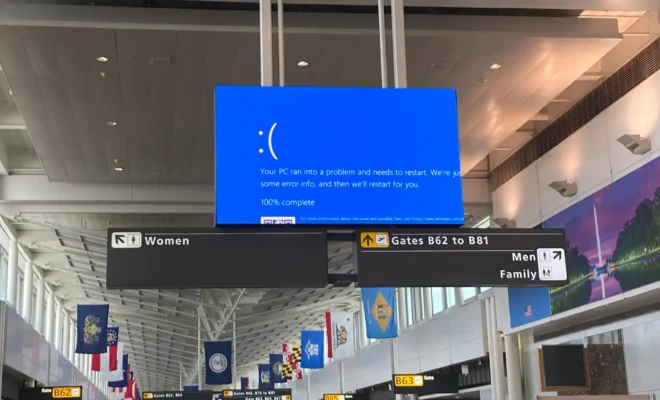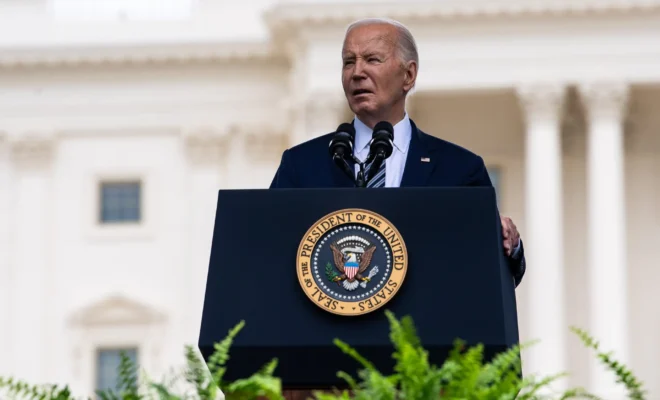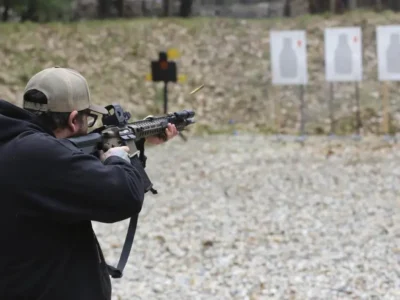Republicans notched a decisive victory in the Eighth Circuit Court of Appeals Monday.
Previously, any individual could file suit against a state or local government to overturn election security measures, such as voter ID and signature verification. Critics argue the prospect of significant legal costs and other associated difficulties, loomed ominously over jurisdictions considering new laws.
While Democrats used this framework to their advantage, the St. Louis-based court found that Section 2 of the Voting Rights Act does not permit private plaintiffs to sue. That includes individual citizens, grassroots organizations and – most significantly – Marc Elias, whose litigious group files challenge after challenge against new election laws.
If today's ruling stands, only the Department of Justice could sue under Section 2 of the Voting Rights Act.
The New York Times reports:
The opinion is almost certain to be appealed to the Supreme Court. The court's current conservative majority has issued several key decisions in recent years that have weakened the Voting Rights Act. But the justices have upheld the law in other instances, including in a June ruling that found Alabama had drawn a racially discriminatory congressional map.
Passed in 1965, the Voting Rights Act was one of the most significant achievements of the civil rights movement, undoing decades of discriminatory Jim Crow laws and protecting against egregious racial gerrymanders. But the law has been under legal assault almost since its inception, and court decisions through the years have hollowed out key provisions, including a requirement that states with a history of discrimination in voting obtain approval from the federal government before changing their voting laws.
The Monday decision by the court of appeals found that the text of the Voting Rights Act did not explicitly contain language for “a private right of action,” or the right of private citizens to file lawsuits under the law. Therefore, the court found, the right to sue would effectively lie with the government alone.
Should the ruling stand, it would remove perhaps the most important facet of the Voting Rights Act; the majority of challenges to discriminatory laws and racial gerrymanders have come from private citizens and civil rights groups.
Coming out of the Eighth Circuit, today's decision affects Arkansas, Iowa, Minnesota, Missouri, Nebraska, North Dakota and South Dakota.
A Supreme Court showdown seems inevitable.
This is a breaking news story. Click refresh for the latest updates.
READ NEXT: Democrat Congressman's Office Vandalized With Pro-Palestinian Graffiti
































